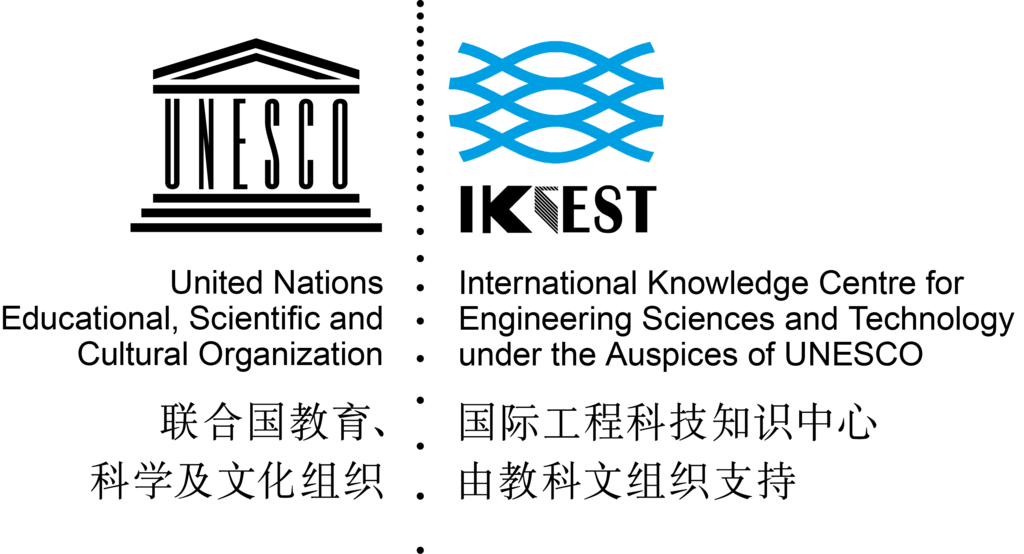UNESCO’s Information for All Programme (IFAP) looks to the future and begins shaping a new strategic plan as its Intergovernmental Council meets for the 11th time since the programme’s creation in 2001. From 22 to 25 September, experts, specialists and diplomats from the 22 Member States composing the IFAP Council will come together online and explore future orientations in the implementation of the Programme.
“Building Inclusive Knowledge Societies during and after the COVID-19 pandemic” is the title of a discussion on the role of IFAP in the UNESCO response to the COVID-19 crisis. The 11th Council Session’s provisional Agenda also provides for a conversation on the future IFAP priorities which sets out the reflection on the Programme’s renewed Strategic Plan 2022-2025. This aims to align with the preparations for UNESCO’s Medium-Term Strategy for 2022-2029 (41 C/4) and Programme and Budget for 2022-2025 (41 C/5).
The Report of the United Nations Secretary-General Roadmap for Digital Cooperation recently issued in June 2020 will also be subject to consideration and discussion by the IFAP Council. In the Report, the Secretary-General underscores that “digital cooperation is a multi-stakeholder effort and, while Governments remain at the centre, the involvement of the private sector, technology companies, civil society and other stakeholders is essential. It is vital to engage with the private sector, the technical community and civil society from the beginning if realistic and effective decisions and policies are to be made.” Furthermore, the Report highlights that digital technology does not exist in a vacuum – it has enormous potential for positive change, but can also reinforce and magnify existing fault lines and worsen economic and other inequalities.
The overall goal of IFAP is to help UNESCO Member States develop and implement national information policies and knowledge strategies. In a world increasingly using information and communication technologies (ICT), the Programme aims to provide a platform for international policy discussions, cooperation and the development of guidelines for action in the area of access to information and knowledge.
In times of crisis, such as the current pandemic, constitutional, statutory and policy guarantees for public access to information are vital. This is underlined by Indicator 10.2 of SDG 16. These guarantees save lives, build trust and help develop sustainable policies, strengthen access to health, education and justice, contributing towards reduced inequalities. Access to Information is an antidote to rampant disinformation. Therefore, open and universal access to information is an effective response to the COVID-19 crisis.
The IFAP Council is responsible for guiding the planning and implementation of the Programme. In particular, the Council is required to consider proposals on the development and adaptation of the Programme; recommend the broad lines of action that the Programme could take; review and assess achievements; define the basic areas requiring increased international cooperation; promote participation of Member States in the Programme; and support all fund-raising efforts for its implementation.
About IFAP
The Information for All Programme (IFAP) is a unique UNESCO intergovernmental programme that supports Member States in formulating information policies aimed at building inclusive and sustainable Knowledge Societies. Through IFAP, member and partner governments pledge to harness opportunities offered by technology to create equitable knowledge societies. The Programme focuses on information policymaking at the international, regional and national levels. It shares experience and lessons learned from high-level events, studies and capacity building initiatives that promote digital inclusion based on sound data relevant to the SDGs.
As an Intergovernmental Programme, IFAP works mainly with Governments of Member States, however it also has bilateral intergovernmental partnerships to address development issues, such as public-public partnerships, North-South partnerships, and South-South partnerships. IFAP also recognizes the importance of a multi-stakeholder collaborative environment and works closely with civil society, as well as the private sector.
Links
All documents related to the 11th session of the Intergovernmental Council for the Information for All Programme (IFAP), 22-25 September 2020:








 User Center
User Center My Training Class
My Training Class Feedback
Feedback












Comments
Something to say?
Login or Sign up for free